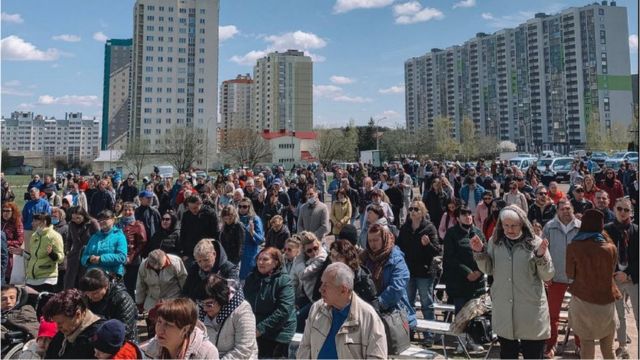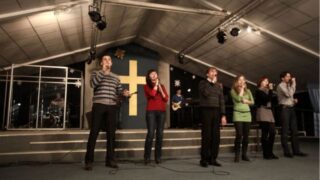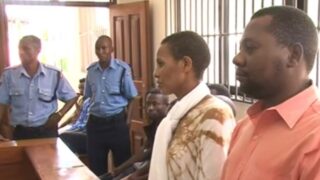Courts have banned as “extremist” Internet postings the church had long since removed. These are steps preparing New Life’s Russian-style “liquidation.”
by Massimo Introvigne


Last month, “Bitter Winter” reported that, after the place of worship of Pentecostal New Life Church was demolished in Minsk, the authorities banned meetings of devotees outdoors and even online.
It did not end there, as revealed by information published by the Oslo-based human rights organization Forum 18 or made known through social media postings. Here are the essential facts.
On August 14, New Life pastor Vyacheslav Goncharenko was arrested. It was released after ten days. It seems the aim of Goncharenko’s detention was to prevent him from attending a hearing held on August 23 at Minsk Central District Court where Judge Tatyana Skopets should rule on the “extremist” nature of material posted by New Life online.
Skopets declared the hearing a closed one, meaning that only the parties were allowed inside the courtroom. It appears that Goncharenko is the only recognized legal representative of New Life. Church members who appeared at the August 23 hearing were told they had no legal authority to represent New Life and were not allowed to enter the courtroom. New Life was not represented, and the judge accepted the Prosecutor’s claim that New Life had posted extremist materials in the year 2020.


The two postings, one on YouTube and one on Instagram, condemned the widespread fraud in the 2020 presidential elections and the violent repression of protesters. The postings had long since been deleted. However, based on the August 23 decision, the entire Instagram page of New Life and the YouTube video were added to the “Republican List of Extremist Materials” on August 30. New Life was also informed that on August 25 the Molodechno District Court had declared extremist the entire church website. Devotees claimed they did not even know the Molodechno case had been started.
Christian Vision, a coalition of Christian groups that protested the irregularities in the 2020 elections, had its Telegram channel declared “extremist” by the Miory District Court on August 16.


Banning Internet postings that had already been removed and are no longer available may seem a waste of the prosecutors’ and judges’ time. However, banning material as “extremist” helps building a case against New Life as an “extremist” organization and prepares its liquidation.
We have already seen this way of proceeding against religious minorities in Russia. Belarus is just following suit.









